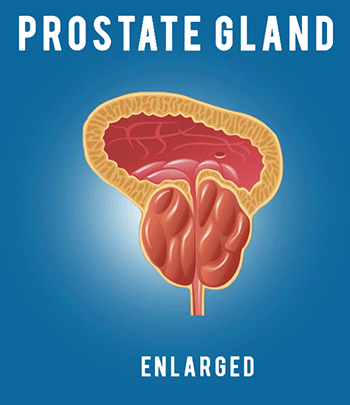Men and Dental Health
Men and Dental Health

Image: www.freeimages.com
Although many men (and women, also) consider taking care about dental hygiene is only important if you want to have a beautiful smile or fresh breath, the truth is good oral health can reduce the risk of pneumonia, heart disease, stroke, ulcers and diabetes. However, the recent studies conducted by the Academy of General Dentistry and American Dental Association, has shown that good habits in brushing teeth are not at a high level neither in women, nor in men. According to these studies, men are less likely than women to brush the teeth after the meals, or more than twice a day. Bad dental hygiene is a key factor for the development of periodontal disease. If we do not brush the teeth regularly, not use the floss and not regularly visit a dentist, we can increase the risk not only of gum disease, but also of oral and throat cancer. The article “Dental Health Guidance for Men” lists the risk factors for periodontal disease, its symptoms, prevention and treatments.
Men and Dental Health
Periodontal Disease
In fact, good dental hygiene may actually reduce your risk of ulcers, pneumonia,
digestive problems, heart disease, stroke and diabetes. Approximately 75 percent
of adults over 35 will have some form of gum disease at some point in their life.
Here are some of the risk factors:
• Being male. Men are more likely to suffer from gum disease than women.
• Being African-American. Black men are more likely than white men to develop gum disease.
• Being poor or uninsured. People at the lowest socio-economic levels tend to have the most severe gum disease. This is largely because they don’t have access to (or can’t afford) regular dental care.
• Age. As we get older, our gums gradually recede, exposing the roots of the teeth to plaque. We also produce less saliva, which plays an important role in rinsing plaque out of the mouth.
• Genetics. If your parents lost teeth to gum disease, you are at greater risk.
• Not brushing and flossing regularly.
• Poor diet.
• Clenching, grinding teeth.
• Smoking.Symptoms of Periodontal Disease:
In the early stages, gum disease is painless and you might not even notice if you have it. But if you notice any of the following symptoms, you should see a dentist as soon as you can.
• Red, swollen, tender gums.
• Gums that bleed when you brush or floss.
• Gums that have receded (pulled away) from the teeth.
• Persistent bad breath or bad taste in the mouth.
• Pockets of pus around teeth or gums.
• Loose teeth, changes in the way your teeth fit together when you bite.
• Pain when chewing or difficulty chewing certain kinds of foods (usually crunchy foods).Prevention and Treatment:
Fortunately, most cavities can be prevented and early gum disease can almost always be reversed-but you’ll have to make a commitment to taking better care of your teeth. Here are some important steps to take:
• Have your teeth checked and cleaned at least twice a year-more often if your dentist suggests it.
• Brush at least twice a day with fluoride toothpaste-if possible after every meal. Use a soft bristled brush. Be sure to clean the inside surfaces of the teeth (the side closest to your tongue) as well as the outside surfaces. Replace your brush every three months or whenever the bristles fray.
• Floss every day. Plaque usually builds up along the gumline (where the teeth and gums meet) and in-between the teeth. Your toothbrush can take care of the gumline, but it can’t get to the spaces between the teeth. Dental floss can. If you aren’t sure how to floss, your dentist or hygienist can show you.
• Brush your tongue or use a scraper to remove the bacteria that gathers towards the back of your tongue.
• Eat crunchy foods like apples and carrots. They actually help reduce plaque buildup on the surfaces of the teeth and may even help reduce coffee stains.
• Avoid sugary snacks and soft drinks between meals. These foods quickly convert to plaque. If you crave something sweet, try a piece of fruit instead.
• Drink lots of water. Saliva helps reduce plaque by washing it away. But age and some medications may make your mouth dry and more susceptible to plaque buildup, tooth decay and gum disease. Chewing sugarless gum is one way to stimulate saliva.
• Don’t smoke or chew tobacco. Besides staining your teeth, it can cause bad breath and lead to oral cancer.
• Avoid chewing hard candies or anything else that might damage your teeth.
• Protect yourself. In many sports there’s a risk of mouth injuries (from pucks, balls, racquets and elbows). You can reduce the chance of doing long-term damage to your teeth by always wearing a mouth guard.
• If you have dentures, most of the suggestions above apply to dentures as well as your natural teeth.
Since periodontitis is a serious infection that can cause not only the loss of your teeth, but also other complications such as heart attack, stroke or other difficult health problems, it is very important to maintain the healthy habits. It is irreversible illness, and even if it appears, the listed methods can prevent the spread of gum disease, especially if there is a higher predisposition. Anyway, we have all the reasons to have better dental and health habits, and every new habit needs the commitment, perseverance and time to fully develop. Only our willingness to stick to it will make a difference.


